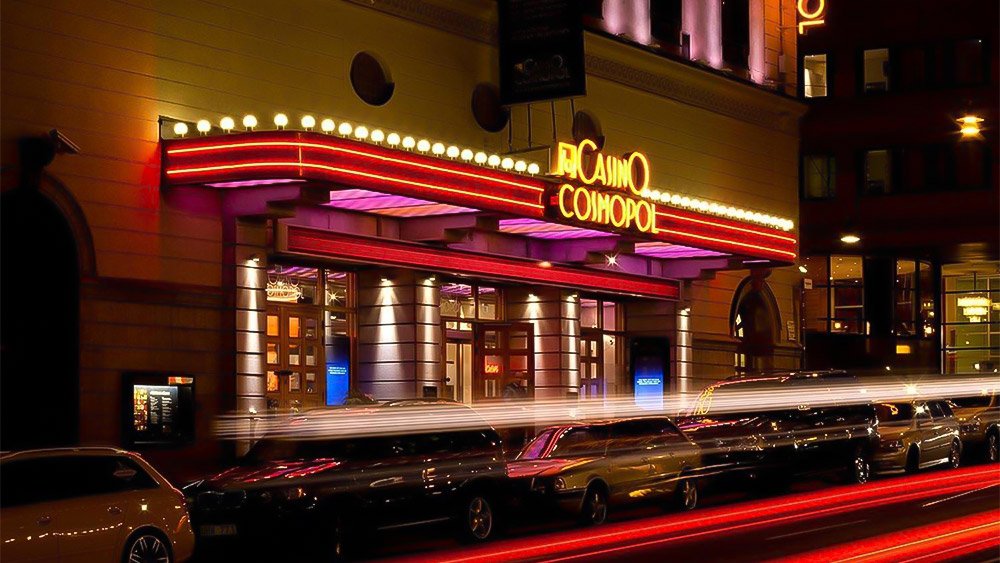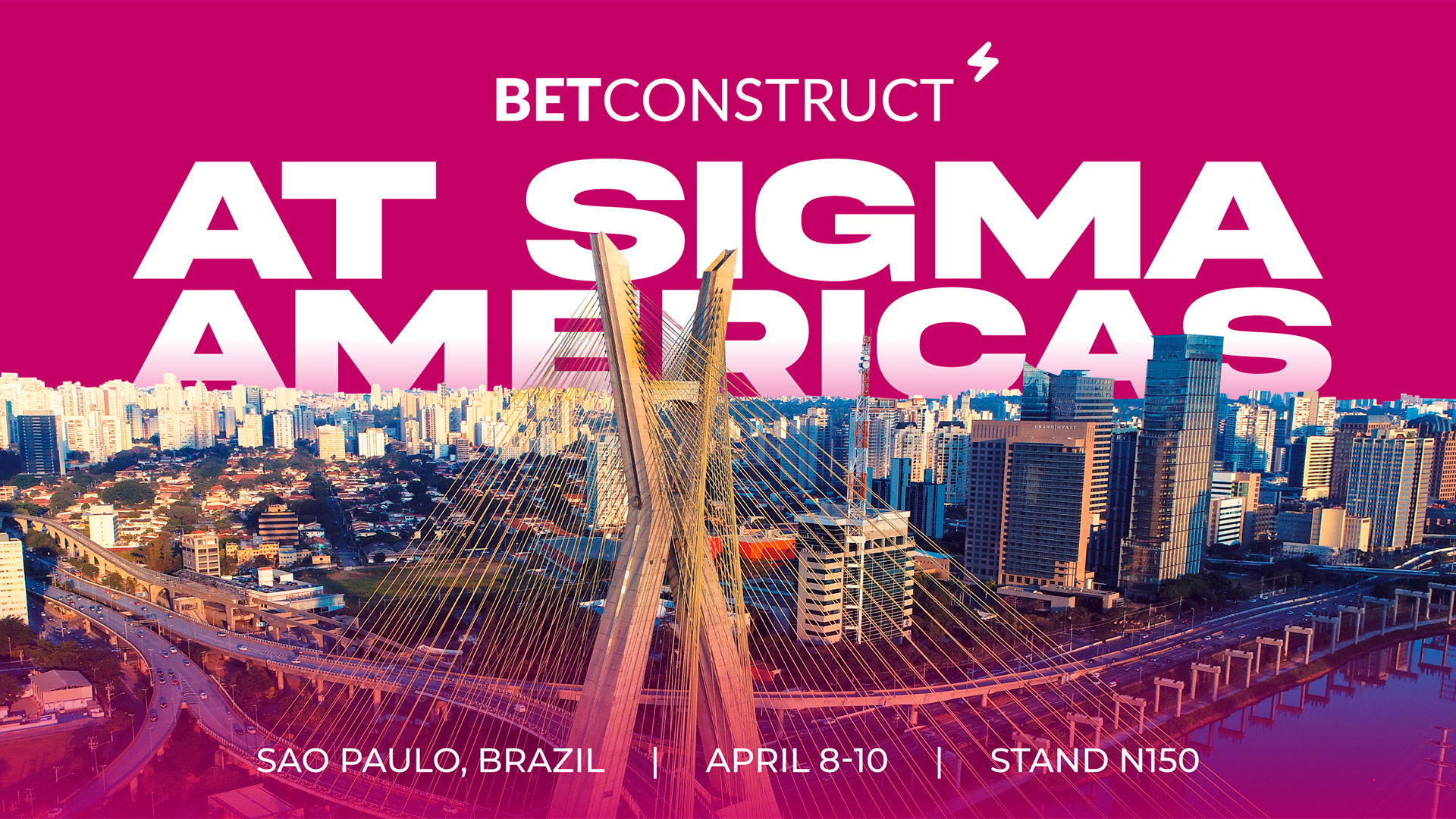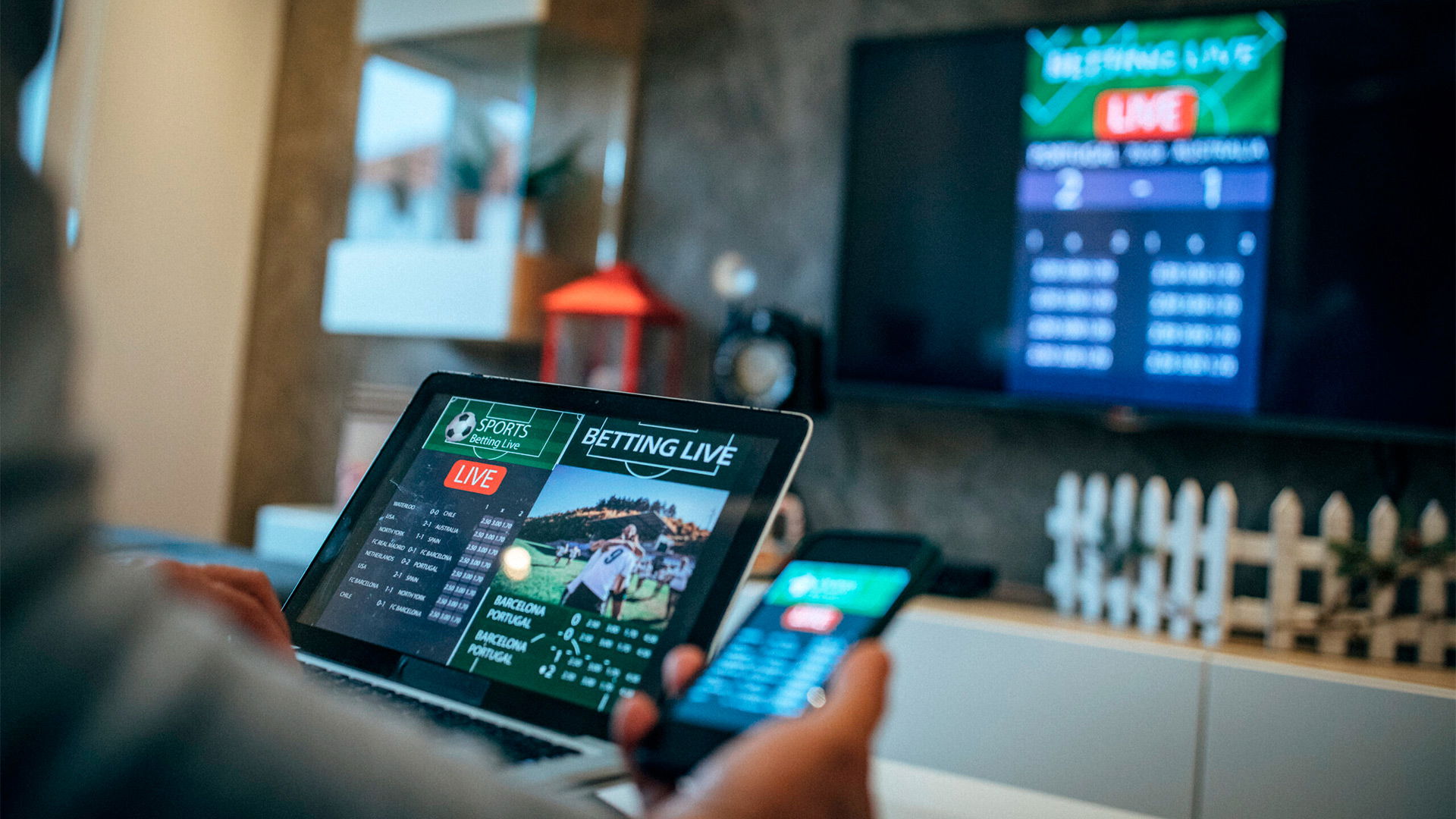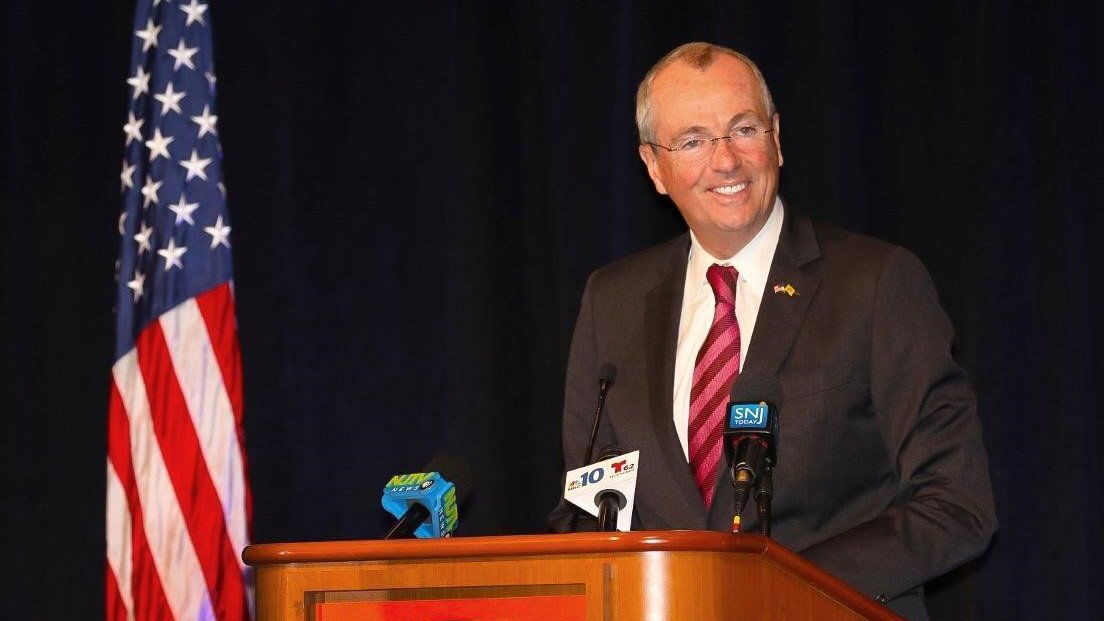First-ever AI casino opening gets put off once again in Singapore

SenseTime, one of China’s leading artificial intelligence companies’ flagship project was to create the world’s first “AI casino”, with robot croupiers and cameras that can spot suspicious behavior at the Genting’s Resorts World Sentosa, Singapore’s first casino. However, its plans have run into technical difficulties and have been delayed, as reported by the Financial Times.
According to the prestigious publication, the company wanted to announce the opening of the Genting project with the government and the resort, but it “keeps getting delayed”.
Genting’s casino is located on the island of Sentosa. Before the pandemic, it was a magnet for wealthy gamblers from all over the world, but particularly from mainland China. A comprehensive surveillance system would be able to track people across the entire casino resort, identifying them every time they moved in front of a new CCTV camera.
A former SenseTime employee explained that the big focus is on preventing fraud. The casino wanted to make sure that staff “are not meeting people they should not be meeting, and monitoring dealers to make sure they do not steal chips”.
SenseTime’s system would use gesture recognition to track the hands of dealers and customers and check on gamblers' winnings. Another priority was tracking gamblers with facial recognition, both to blacklist customers the casino did not wish to serve, and also to understand the way that gamblers behaved inside the casino, so they could be targeted with more accurate promotions.
However, the existing CCTV cameras in the casino did not offer high quality images, particularly in poorly lit areas such as the car parks. In July 2020, Genting announced a partnership with Canon to provide the resort with new security cameras.
Another challenge was that all casino staff wore a uniform, which made it more difficult to distinguish between them. A more advanced part of the project that involved replacing human dealers was machines. But while local officials in Macau have said AI should only be used for security purposes, lawyers said there were no specific laws in Singapore for the use of this technology.
Shaun Leong, partner at the international law firm Withers, explained that any use of AI would be covered by existing privacy laws: “In theory, casinos could use facial recognition technology or machine learning functions to supervise and monitor patrons who are gambling on the floor to catch cheating behavior. That’s quite an interesting use I think, the legalities of which perhaps are still being explored”.
SenseTime has said information safety and data privacy are “top priorities”. The company also said it uses data for purposes explicitly authorized by customers, including identity verification and record-keeping and statistics.
“We continuously monitor our data processing collaboration with third parties, and regularly review the content of such collaborations, the scope of the collaboration agreements and the execution of such agreements to ensure compliance with relevant laws and regulations,” the company said.
SenseTime was founded in 2014 and specializes in facial and image recognition. After raising nearly $5 billion from investors, it is now preparing for an initial public offering in Hong Kong after getting regulatory approval last week. But its prospectus warned that its international business had suffered during the coronavirus pandemic and stated that challenges with commercializing its products in new markets were a risk factor.


















































